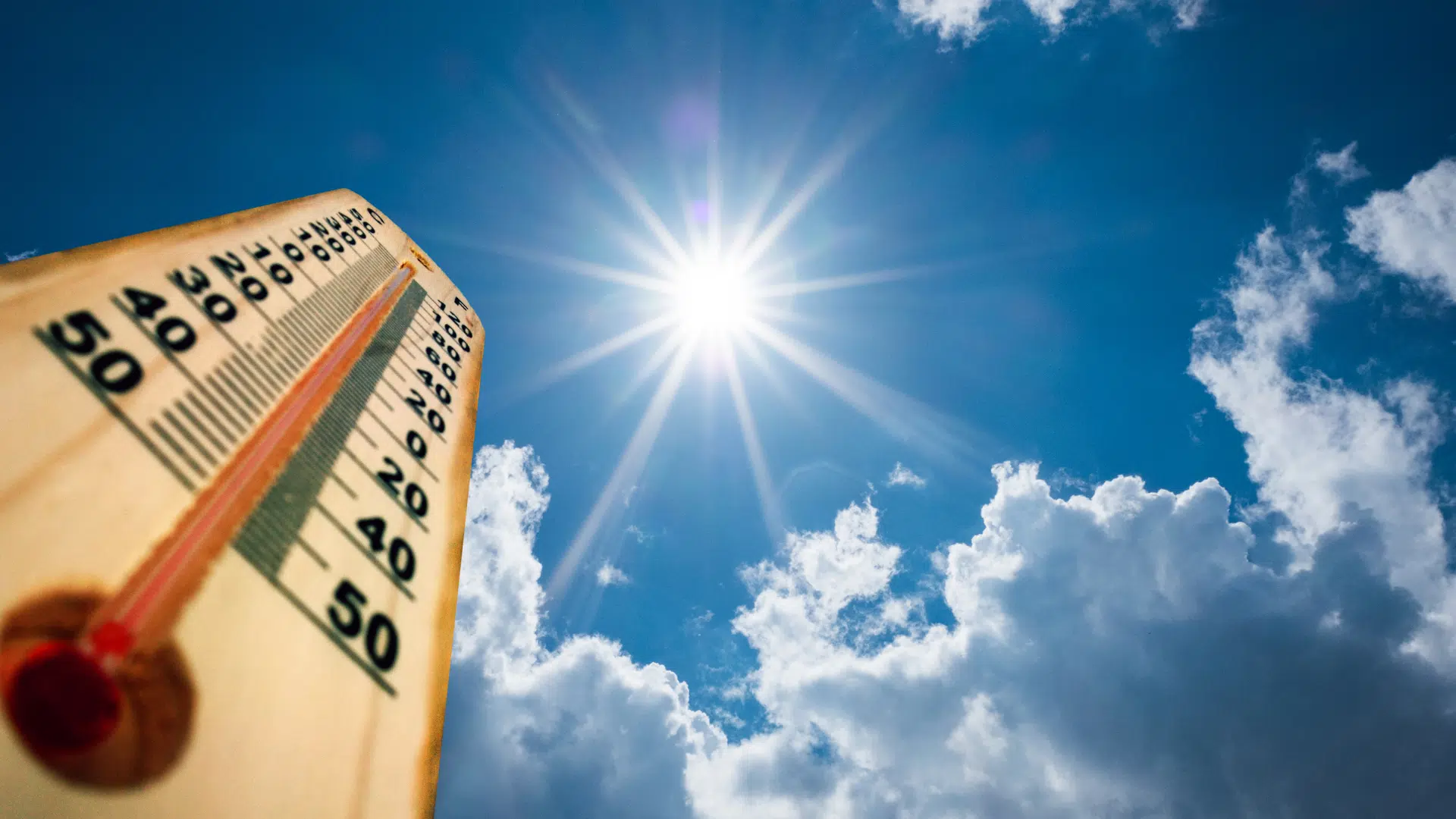With the summer months in full swing and plenty of outdoor activities on many people’s calendars, a local doctor is reminding people to guard against heat related illnesses.
“The most common heat-related medical issues we see are heat exhaustion, heat cramps and heat syncope,” Johnathan Conner, M.D., Director of Emergency Physicians, St. David’s Georgetown Hospital, told Hello Georgetown. “Heat stroke, which is the most serious of heat-related issues and can result in permanent organ injury or death, is less common.”
Avoiding heat exhaustion, he said, involves simple steps like:
- Drinking plenty of water with an occasional electrolyte replacement or sports drink
- Avoiding drinking alcohol or liquids with excess sugar, as they can be dehydrating
- Drinking water or an electrolyte replacement between alcoholic beverages if you do plan to drink alcohol
- Paying attention to urine output – it should be light yellow to clear (although this is less reliable with alcohol use)
- Taking frequent breaks
- Getting out of the sun and into a cool area (especially if you are beginning to experience symptoms)
- Wearing light-colored, lightweight, breathable clothing with a wide-brimmed hat
- Scheduling outdoor activities for cooler morning and evening temperatures, if possible
It’s also crucial to be on the lookout for symptoms of heat exhaustion including headache, nausea, dizziness, weakness, heavy sweating, thirst, and decreased urine output.
“If heat exhaustion is suspected, move the patient to a shaded or cool area,” Dr. Conner said. “Apply water to the patient’s skin and soak their clothing. Circulate air around the patient—fans are ideal, if available. Ice packs may be applied to the neck, armpits and groin, but this isn’t required unless there is concern for heat stroke.”
Medical attention should be sought especially for those who cannot rehydrate orally due to nausea or vomiting and/or for the elderly and infants who are at particular risk of heat injury.
“The risk to the elderly is compounded by many of the medications they may be taking, such as blood pressure medication,” Dr. Conner said. “If someone is experiencing symptoms of confusion, slurred speech, loss of consciousness, seizures or very high body temperature—with skin that is either hot and dry or with profuse sweating—there is concern for possible heat stroke and medical treatment should be sought immediately.”
It’s also important to remember, he added, that while many people know alcohol is dehydrating and increases susceptibility to heat stroke, participating in water activities also can increase your risk for dehydrating and heat related illnesses.
“Water activities are also associated with a number of heat-related illnesses every year,” Dr. Conner said. “Folks engaged in water activities should follow the same precautions.”




 Business Directory
Business Directory Add Your Business
Add Your Business Job Board
Job Board Guides and Features
Guides and Features Tech Tip Tuesday with Computek
Tech Tip Tuesday with Computek Education Spotlight with Huntington Learning Center
Education Spotlight with Huntington Learning Center A+ Roofing Tips from APEX Roofing
A+ Roofing Tips from APEX Roofing Restaurants in Georgetown, TX
Restaurants in Georgetown, TX Dog Friendly Establishments in Georgetown, TX
Dog Friendly Establishments in Georgetown, TX Adopt a Pet in Georgetown, Texas
Adopt a Pet in Georgetown, Texas Holiday Guides
Holiday Guides Festival and Events in Georgetown, TX
Festival and Events in Georgetown, TX Downtown Georgetown Guide
Downtown Georgetown Guide Local Assistance
Local Assistance Churches in Georgetown, TX
Churches in Georgetown, TX Summer Camps in Georgetown, TX
Summer Camps in Georgetown, TX Swimming in Georgetown, TX
Swimming in Georgetown, TX Coming Soon
Coming Soon Events
Events Add Your Event
Add Your Event Live Music in Georgetown
Live Music in Georgetown Southwestern University Athletics
Southwestern University Athletics Newsletter
Newsletter Newsletter Archive
Newsletter Archive Subscribe
Subscribe Submit Your Photo
Submit Your Photo 2024 Georgetown's Best Awards
2024 Georgetown's Best Awards








Comments